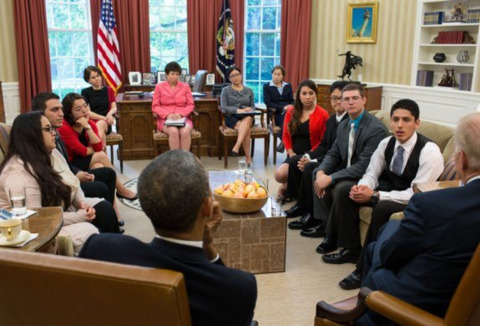Many of them did not even know that their parents (and they, by default) were unauthorized immigrants until they became teenagers – when they discovered that they could not get a driver’s licence or fill out financial aid forms for college because they did not have a Social Security number. Under US immigration law, even though they grew up as Americans and identify as Americans, many speak only English and most have no memory of or connection with the country where they were born – they have no way of gaining legal residency in the US. The young people impacted by DACA and the DREAM Act are often referred to as “Dreamers”.
Since the DACA began, approximately 800,000 people have been approved for the programme. To be eligible, applicants had to have arrived in the US before the age of 16 and lived there since June 15, 2007.
In 2017, President Trump ordered an end to the DACA programme. In 2020, the Supreme Court blocked the Trump administration’s attempt to end DACA in a 5–4 ruling. In January 2021, President Biden issued an executive order to direct federal agencies to “preserve and fortify DACA”. However, in July 2021, a federal judge in Texas ruled that DACA is illegal and said the Biden administration could not approve any new applications. The situation and position of Dreamers in the US remains uncertain.
